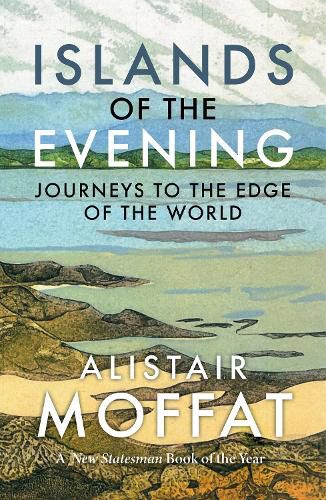Readings Newsletter
Become a Readings Member to make your shopping experience even easier.
Sign in or sign up for free!
You’re not far away from qualifying for FREE standard shipping within Australia
You’ve qualified for FREE standard shipping within Australia
The cart is loading…






‘[an] exploration of Scotland’s past through the eyes of a scholarly hiker … Magnificent’ - New Statesman, Books of the Year
Fourteen centuries ago, Irish saints brought the Word of God to the Hebrides and Scotland’s Atlantic shore. They sought solitude in remote places where they could move closer to an understanding of God. Columba was the most famous of these pioneers who rowed their curraghs towards danger and uncertainty in a pagan land, but the many others are now largely forgotten.
From the barren Garvellachs and the ‘great garden’ of Lismore to the haunting calm of Iona and the grandeur of Applecross, Alistair Moffat travels by foot, boat and ferry in search of these elusive men. Reflecting on the lives they lived and the world they inhabited, he finds their traces not so much in tangible remains as in the spirit and memory of places that lay at what was then regarded as the very edge of the world.
$9.00 standard shipping within Australia
FREE standard shipping within Australia for orders over $100.00
Express & International shipping calculated at checkout
‘[an] exploration of Scotland’s past through the eyes of a scholarly hiker … Magnificent’ - New Statesman, Books of the Year
Fourteen centuries ago, Irish saints brought the Word of God to the Hebrides and Scotland’s Atlantic shore. They sought solitude in remote places where they could move closer to an understanding of God. Columba was the most famous of these pioneers who rowed their curraghs towards danger and uncertainty in a pagan land, but the many others are now largely forgotten.
From the barren Garvellachs and the ‘great garden’ of Lismore to the haunting calm of Iona and the grandeur of Applecross, Alistair Moffat travels by foot, boat and ferry in search of these elusive men. Reflecting on the lives they lived and the world they inhabited, he finds their traces not so much in tangible remains as in the spirit and memory of places that lay at what was then regarded as the very edge of the world.